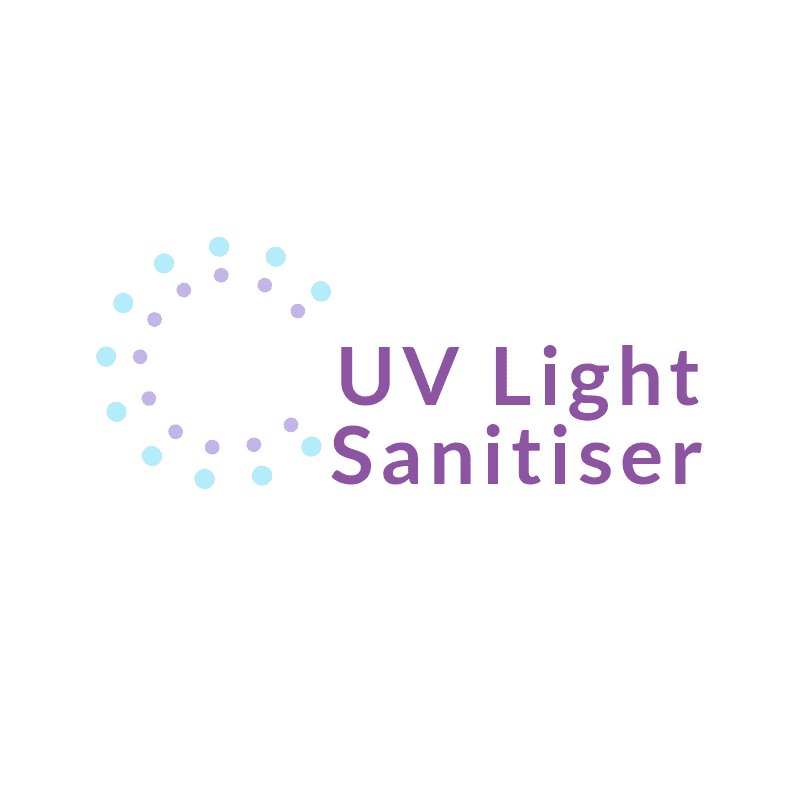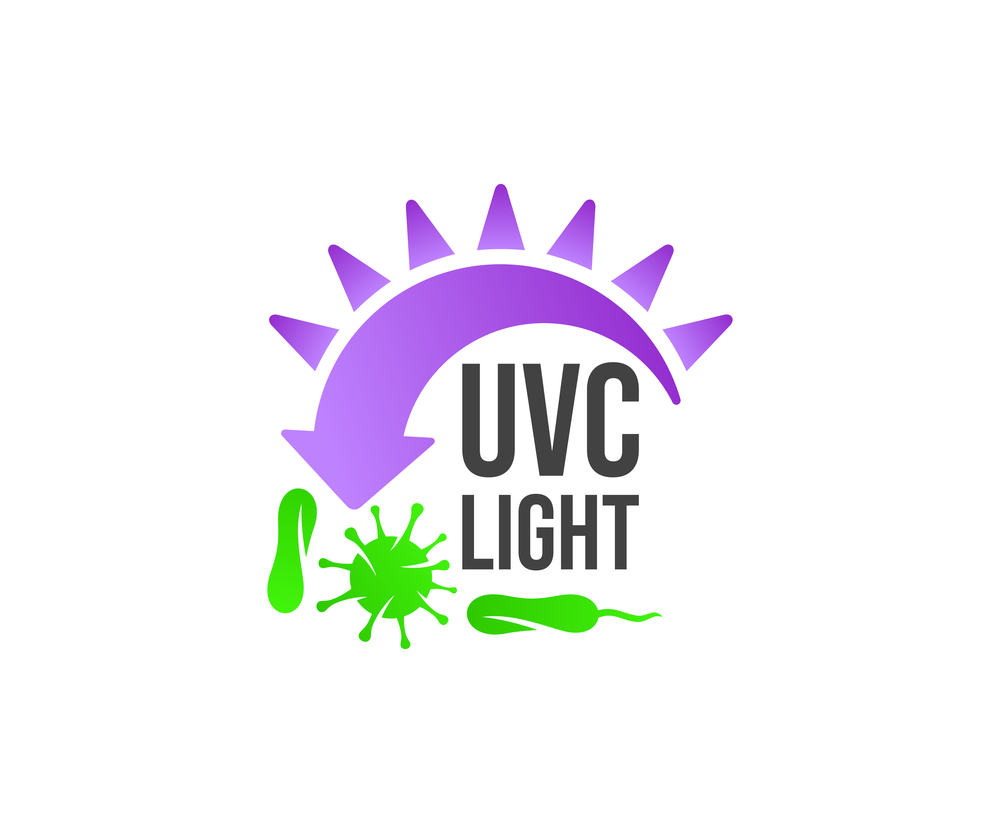Although sunlight can make your skin feel good, it can also cause damage to the skin. But we can also use it in positive ways since UV Light Kills Bacteria as well as harming skin cells. The key thing to understand and manage is the exposure to the UV light and the type of UV rays. Used right we can use it to kill the harmful bacteria, viruses and germs while protecting ourselves.
This season of social isolation, there is a lot of information on how to avoid receiving COVID-19, some are very good, some are not. You may have recently read or heard information about the ability to disinfect with ultraviolet (UV) light, and we know that the sun emits ultraviolet light. But we also know that exposure to ultraviolet light can cause skin cancer, which is why the Skin Cancer Foundation has delved into the facts about UV light and bacteria.
As we all know, ultraviolet (UV) light can effectively destroy the DNA of bacteria, viruses, and other harmful pollutants for over 100 years. In 1878, Arthur Downs and
Thomas P. Blunt published an article describing the sterilization of bacteria exposed to shortwave (UV) light. In 1903, the Nobel Prize for medicine was awarded to Niels Finsen for using ultraviolet light to fight lupus and cutaneous tuberculosis.
Is UV light effective in killing germs and bacteria?
The ultraviolet (UV) radiation associated with COVID-19 has gained a great deal of attention due to its ability to kill pathogens such as viruses and bacteria.
As we fight the new coronaviruses, killing bacteria is a top priority today, and we intend to restore the economy in the future, and sterilization will continue to exist.
But not all types of ultraviolet light are created equal.
Sunlight contains three types of ultraviolet rays. The first is UVA, which constitutes the vast majority of ultraviolet rays that reach the earth’s surface. It penetrates deep into the skin and can cause up to 80% of skin aging, from wrinkles to age spots.
Next up is UVB, which breaks down DNA in our skin. This causes sunburn and ultimately skin cancer (scientists recently discovered that UVA rays can do this, too). Both are well known and can be blocked by most high-quality sunscreens. Both UVA and UVB rays damage the skin, but there is nothing more destructive than UVC.
There is a third type: UVC. This relatively dark part of the spectrum consists of shorter wavelengths with higher light energy. This is especially good for destroying genetic material in humans or viral particles. Fortunately, most of us are unlikely to come across anything. This is because ozone leaked it very early into the atmosphere and then only reached fragile skin.
For decades, hospitals have used devices that emit ultraviolet light to kill pathogens on the surface and in the air. According to Dr. Steven Wang, Director of Dermatologic Survey and Dermatology at Memorial Sloan Kettering Cancer Center, ultraviolet radiation is so dangerous that these devices are only used when the room is empty. Dr. Wang doesn’t recommend using them for people and pets.
UV-C and COVID-19
Although none of the studies addressed the specific effect of UVC on Covid-19, studies have shown that UVC can be used against other coronaviruses, such as Sars. Radiation distorts the structure of its genetic material and inhibits the replication of viral particles.
In developing countries, sunlight has become a popular method of disinfecting water, even recommended by the World Health Organization (WHO). The technique involves pouring water into a glass or clear plastic bottle and then placing it in the sun for six hours. This method is believed to work because UVA rays react with dissolved oxygen in sunlight to form unstable molecules like hydrogen peroxide, which is an active ingredient in many household disinfectants and destroys pathogens.
Without water, sunlight can help disinfect surfaces, but it can take longer than you think.
UV Light Kills Bacteria, what about Flu?
Scientists have found that influenza cases in Brazil will increase during the burning season when smoke dilutes ultraviolet rays. The problem is, we don’t know how long it will take, because research on the new coronavirus is still underway.
A study on SARS, a close relative of Covid-19, found that exposure to the virus in UVA rays for 15 minutes did not affect its infectivity. However, the study did not take into account longer exposure times or ultraviolet radiation, which is known to cause more damage to genetic material.
Then there is the flu. When scientists analyzed hospitalization records in Brazil, they discovered that during the fire season, the number of flu cases increased. This was due to smoke from a forest fire in the atmosphere and dilution of ultraviolet rays in sunlight.
Another study showed that the longer influenza particles are exposed to sunlight, the less likely they are to spread. The, this study looked at flu that floats in the air and does not dry on objects.
How long is needed?
No one knows how long it takes to turn off the Covid-19 in sunlight, or how long it will take. All this means that using sunlight to disinfect surfaces is very difficult.
First, no one knows how long it takes to turn off the Covid-19 in sunlight. Even if they do, the amount of ultraviolet light in the sun will vary depending on the time of day, the weather, the season, and the world (especially latitude) you live in, so this is not a reliable way to kill solar radiation. virus.
If you are still unsure of the relationship between UV and COVID-19, then you are not alone.
It is not yet possible to verify whether UV light, including sterilizing UV light, can specifically kill COVID-19. The investigation is currently ongoing.
Here’s what we know: Pathogens are classified according to their resistance to disinfectants. Type 3 viruses are the easiest to kill, and this is the coronavirus. Level 1 and 2 viruses are stronger and harder to kill. So if a product can kill class 1 or 2 pathogens then in theory it should also be able to kill class 3 pathogens.
Although more research into the interaction of the coronavirus and sunlight is needed, we have known for decades that ultraviolet radiation can damage the skin and cause skin cancer. Bottom line? Dr. Wang proposed this summer to take effective preventive measures in two ways. Stay home, wash your hands often and avoid socializing on the go, plus protect your skin from the sun!

